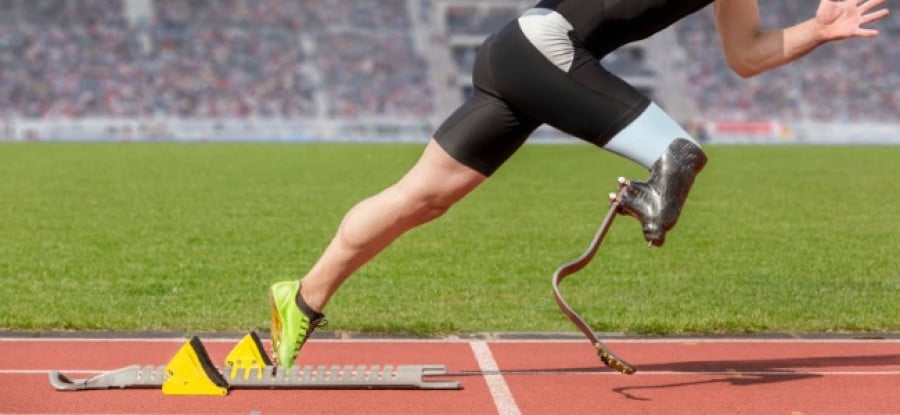Technological advances in sports equipment: Cheating or evolution? Part 2 - Establishing a regulatory framework

This two-part article looks at the relationship between sport and technological advances in equipment, asking: is it cheating, or acceptable evolution? And where does the line lie?
Part 1 (available here) looked at the UCI’s regulations in the context of a clear-cut case of cheating (Ms Van Den Driessche1), before considering more general examples of the use and adoption of new technologies in sport that improve performance but are not considered to do so improperly.
Part 2 below reflects on how sports governing bodies may best seek to regulate and govern technological advances in equipment to set the line between permitted technological improvements and cheating. What underlying principles should they abide by? How should they draft their regulations? Who should they hold responsible for breaches? How should they be sanctioned, and how should the detection process work?
What to prohibit and why?
In 2012, former British Cycling coach, Sir David Brailsford’s, policy of incremental gains2 leading to success for the British Cycling team did not, contrary to his anglo-franco tickle, depend upon a rounder wheel.3 There is much to learn from that approach not least that in addressing prohibition there is no need to reinvent the wheel but rather look to what can be learnt from those who have direct and practical experience of the issues to confront.
As the examples Part 1 illustrate, the use of technological innovations in sports equipment can at the same time be a benefit, a risk and a necessity. The broader question it raises is how should sports seek to regulate such advances? Which should it permit and which should it disallow, and why?
From the author’s perspective, the fundamental concern is addressing the risk that the integrity of the sporting contest is not lost. But how can sports achieve this while simultaneously permitting advances that could bring legitimate improvements to the contest? To analyse this point, we can return to how the issue manifests itself in para sports.
In a range of para sports the athletes depend upon the use of equipment to assist their competition. The regulations of para sports must therefore confront the issue of the balance between assistance and unfair/improper advantage and offer a considered framework for studying the regulation of developing technology and how to regulate its use.
The International Paralympic Committee (IPC) has four fundamental principles set out in their Rules and Regulations against which the evolution of equipment in its competitions are judged:4
- Safety – the equipment must be safe for competitors, officials, spectators and the environment.
- Fairness – the athlete must not receive an unfair advantage against the spirit of the event they are contesting.
- Universality – the equipment must be reasonably commercially available to all.
- Physical prowess – human performance is the critical endeavour not the impact of technology and equipment.
Those four principles have application in all sport where technology assists the competitor. Albeit there will be the need for some variety in the weight each factor is given dependent on the sport concerned.
The key process in relation to the IPC’s four principles is as follows:
- define the prohibition against an assessment of what the skill or prowess of the particular sport is; and
- then address the limit on the equipment in that context.
Doing so allows necessary equipment and useful safety equipment whilst preventing cheating. Each sport must identify the factors or elements essential to the contest it regulates and frame its prohibitions to protect that contest. The Marylebone Cricket Club’s Law 6 (The Bat) demands that a cricket bat be made of wood, deemed essential to the sport of cricket and thus preventing the use of carbon fibre or glass fibre bats.5
To continue reading or watching login or register here
Already a member? Sign in
Get access to all of the expert analysis and commentary at LawInSport including articles, webinars, conference videos and podcast transcripts. Find out more here.
- Tags: Baseball | BHA Penalty Guide | British Horseracing Authority (BHA) | Cricket | Cycling | Fédération Internationale de Motocyclisme (FIM) | Fencing | Football | Formula 1 | Governance | International Cycling Union (UCI) | International Paralympic Committee (IPC) | IPC Rules and Regulations | Laws of Cricket | Motor Sports | Olympic | Para Sports | Paralympics | Regulation | Swimming | Tech Doping | UCI Cyclo-cross World Championships | UCI Regulations | World Anti-Doping Agency (WADA) | World Anti-Doping Code (WADC)
Related Articles
- Wearable tech in sport: the legal implications of data collection
- 10 articles that explain some of the legal considerations when using technology in sport
- UCI statement on technological fraud tests
- Technological advances in sports equipment: Cheating or evolution? Part 1 -The issues
Written by
Louis Weston
Barrister, Outer Temple Chambers
Louis is a Barrister practising from chambers at Outer Temple. He is expert in corruption and misfeasance in sport.

 Global Summit 2024
Global Summit 2024